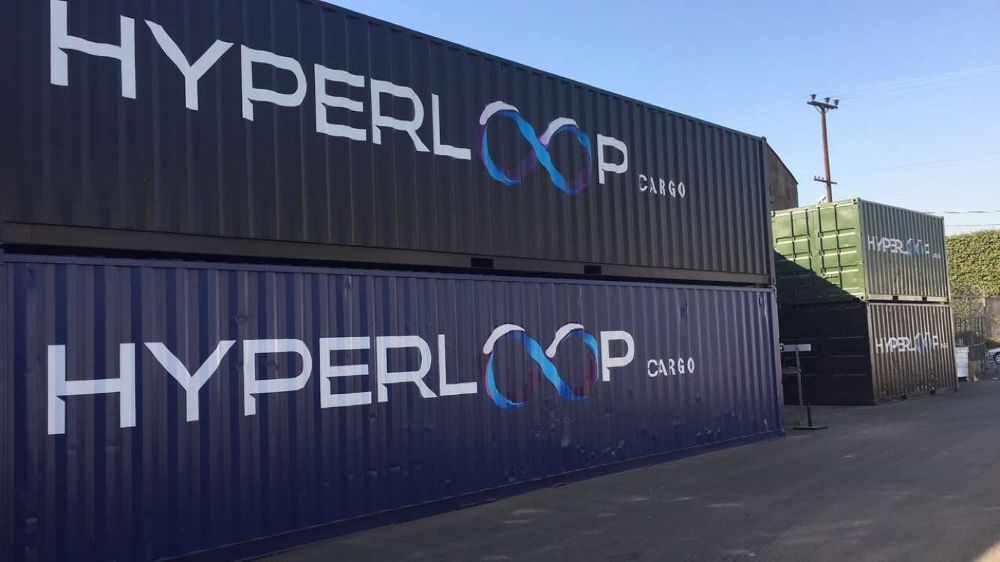Is the Hyperloop the ultimate Zero Emissions Freight Alternative?
Image source: Logistics Matters
As we’ve written in these pages many times, there are GREAT Zero Emissions freight trucking alternatives now in operations, including the amazing OrangeEV terminal truck, from this author’s hometown.
While existing battery-powered electric freight trucks are relatively short range, OrangeEV and other companies are working to extend the distance they can travel between charges. In addition, billions of dollars are being spent on improving the energy density of batteries, and the energy miracle Bill Gates and others are trying to achieve could make long distance battery-powered electric freight trucks feasible surprisingly soon.
Another alternative, the Siemens e-highway system, with power supplied by overhead catenary lines, is currently being tested.
But, what if freight could be moved in environmentally sensitive corridors with NO trucks, NO trains, and without clogging our highways?
What if we could move freight from the Ports of Los Angeles and Long Beach to inland rail yards or across the US with zero emissions and zero traffic congestion?
Elon Musk and Hyperloop entrepreneurs think Hyperloop is the best solution for high-speed passenger transportation (as much as 760 MPH), and unknown to most of the public, freight transportation is also very high on their agenda. In fact, the first operational hyperloop may carry freight rather than passengers.

Source: Glassdoor.ca
In the last few days, the business and technology press and others have been buzzing with news of a serious proposal to build a Freight Hyperloop between Russia and China. Hyperloop One has backing from a Russian oligarch with deep pockets, and plans to have a freight Hyperloop from Russia to China in place surprisingly soon. As reported by CNBC, its CEO said “I believe the first freight will be moving in Hyperloop by 2019.” The Russian news outlet RT indicates that a Freight Hyperloop solution will be less expensive than building a new rail line.
Please check out a few recent news articles, and ask yourself this question – “Where might a Freight Hyperloop reduce air pollution, protect public health, and increase efficiency in the freight network?” Your comments here would be appreciated!
Or this very interesting reference: